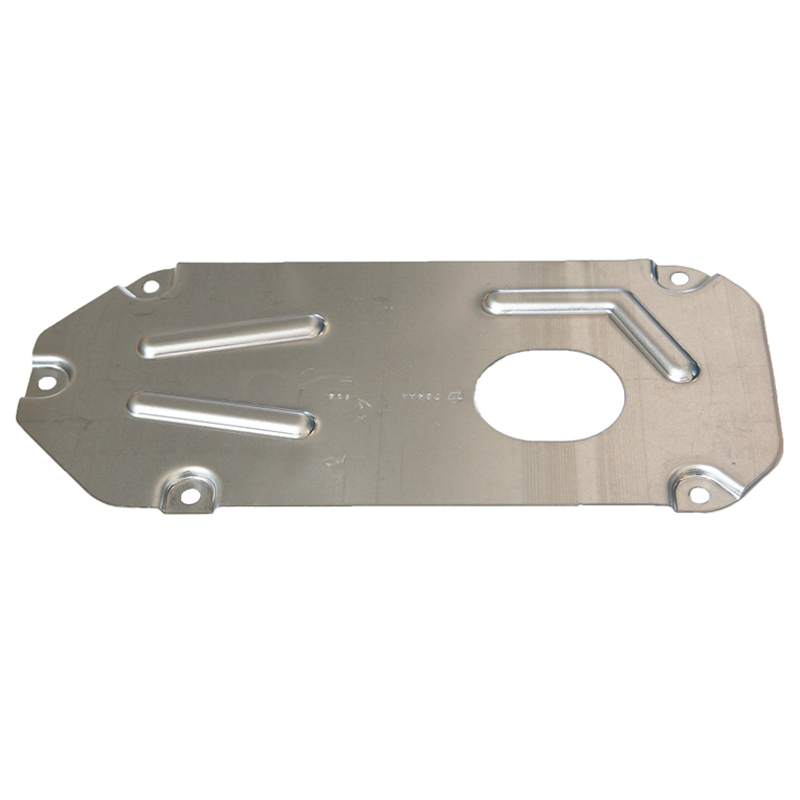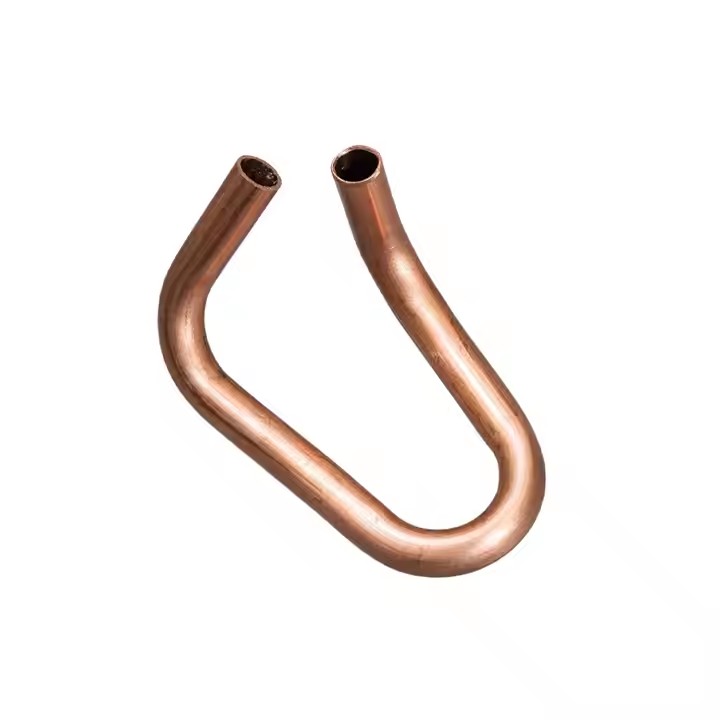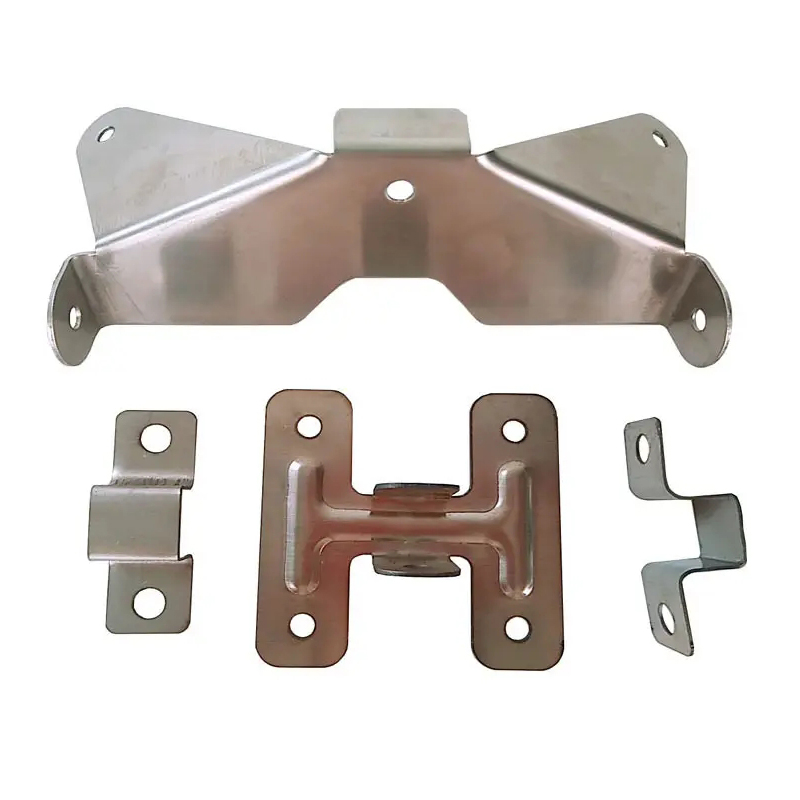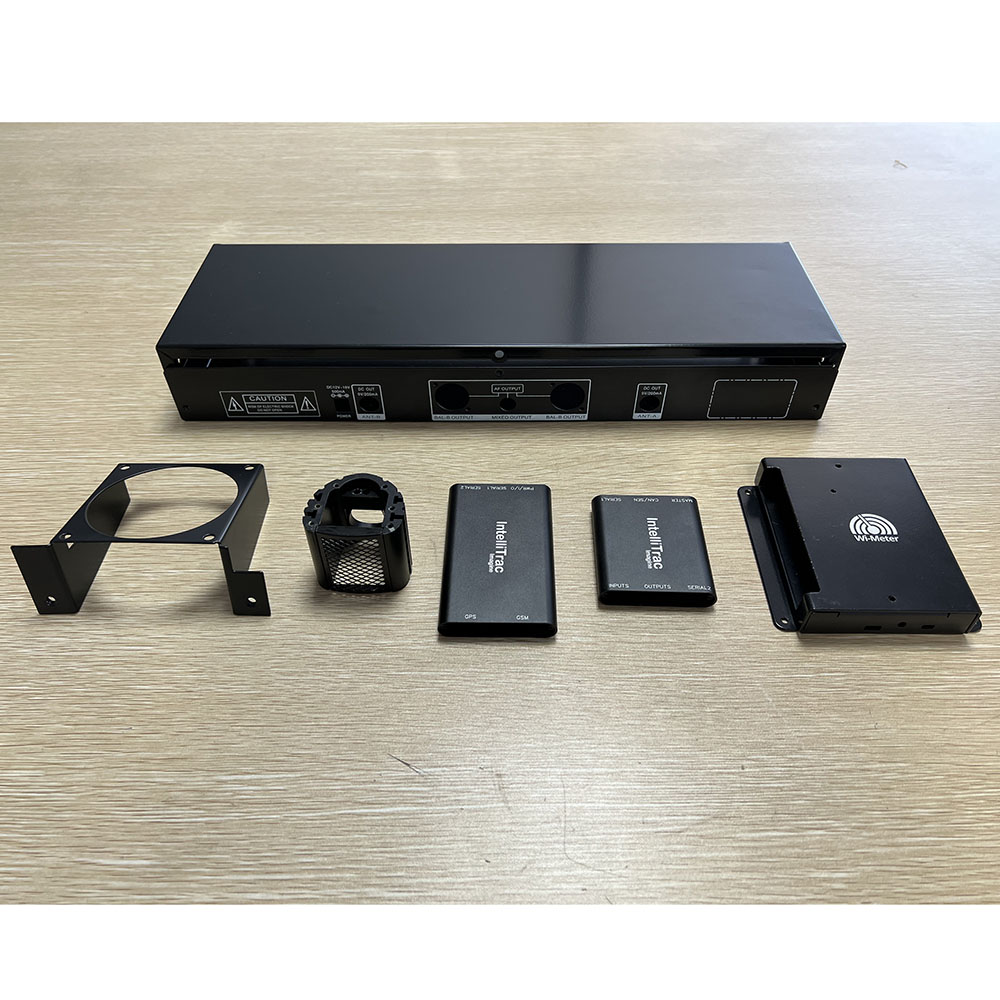Wholesale Cheap Replacement Aftermarket Car Parts
car parts, car parts wholesale, aftermarket car parts, auto car parts, replacement car parts. Quick customized on aftermarket car parts,just send us original samples or drawings.

car parts, car parts wholesale, aftermarket car parts, auto car parts, replacement car parts. Quick customized on aftermarket car parts,just send us original samples or drawings.

CNC bend factory provide cnc metal tube bending service CNC bending factory made in China Our factory provide cnc tube bending service CNC bending service available CNC Bend OEM Best quality cnc metal bending

Provide OEM ODM service for metal stamping,stainless steel stamping. Our factory has over 25 years of experience in precision sheet metal stamping. High volume metal stamping with factory price. High precision metal stamping made in China.
Metal Aluminium Enclosure Box For Electronics
Materials:
Aluminum alloys are widely used,due to their lightweight nature, high strength, good thermal conductivity and corrosion resistance. 6061 and 6063 aluminum alloys are common choices.
Stainless steel is prized for its superior strength, hardness and corrosion resistance. It's ideal for harsh environments like industrial settings and outdoor installations, though it has lower thermal conductivity and higher weight compared to aluminum alloys.
Cold-rolled steel, with its good mechanical properties and low cost, is commonly used for electrical control cabinets and distribution boxes. After surface treatment, it effectively prevents rust and corrosion.
Copper alloys, despite their high cost and limited use, are valued for their excellent electrical and thermal conductivity, making them suitable for specialized electronic enclosures.
Fabrication Processes
Sheet metal fabrication involves cutting, bending and welding metal sheets. Common techniques include shearing, punching, bending and welding. It's cost - effective and efficient for producing enclosures with relatively simple shapes and moderate precision.
CNC machining uses digital control to shape parts from raw material blocks. It can produce complex and high - precision enclosures with tight tolerances, though material waste and higher costs are possible. Die - casting injects molten metal under high pressure into a die cavity. It offers high production efficiency and good dimensional consistency for mass - producing robust enclosures.
Extrusion forces metal blanks through a shaped die to produce enclosures with uniform cross - sectional profiles. It's suitable for long - length enclosures with simple cross - sectional geometries.
Precision Control
Material precision is vital. Strict control over the thickness, width and length of metal sheets, as well as the chemical composition and mechanical properties of metal blanks, ensures stable material quality for precision processing. In sheet metal fabrication, laser cutting achieves tolerances of ±0.1 mm to ±0.2 mm. CNC bending machines bend sheets precisely, with bending angle tolerances of ±0.5° to ±1°.
CNC machining centers with advanced measuring and compensation systems can achieve machining tolerances of ±0.01 mm to ±0.05 mm.
Die - casting molds made with high precision, combined with advanced die - casting machines and precise parameter control, result in die - cast enclosures with dimensional tolerances of ±0.05 mm to ±0.15 mm.
Coordinate measuring machines (CMMs), laser scanners and micrometers are used to inspect dimensions, shape and positional tolerances at various production stages, ensuring precision.
Applications
In industrial automation, metal enclosures protect programmable logic controllers (PLCs), sensors and actuators from harsh industrial environments, ensuring stable and reliable operation. In the telecommunications industry, they shield communication equipment like base stations and switches from electromagnetic interference while preventing internal radiation from affecting other devices. In automotive electronics, metal enclosures protect engine control units (ECUs), telematics systems and advanced driver - assistance systems (ADAS) from vibration, shock, moisture and dust. In medical equipment, they protect imaging devices, monitoring systems and treatment equipment, prevent electromagnetic interference and facilitate cleaning and disinfection. In consumer electronics, they provide structural support and protection for components like motherboards and chips in laptops, tablets and smartphones, while offering aesthetic designs and good heat dissipation.

Surface Treatments
Powder coating is a dry painting method applied to conductive metals and baked to form a protective layer. It's durable, corrosion - resistant and aesthetically pleasing. Anodizing creates a thin, protective film on the enclosure surface through electrolytic passivation. Common for aluminum enclosures, it enhances durability and appearance. Plating involves applying a thin metal layer to the enclosure surface, improving appearance and resistance. Wet painting involves priming the enclosure and then applying the desired paint color. However, its environmental resistance may be lower than powder coating and anodizing.
Advantages
Metal enclosures provide excellent protection against impacts, vibrations, dust and moisture, reducing component damage. They offer good electromagnetic shielding, preventing external interference and containing internal radiation. Metals like aluminum alloys provide superior heat dissipation. They also offer high strength and stability, maintaining shape and structure under external forces. Customizable in shape, size, material and surface treatment, they can meet specific requirements for different electronic devices and application scenarios.
As technology advances and industry demands grow, the development of metal electronic enclosures will continue. New technologies like 3D printing and laser cutting are increasingly applied. The development of composite metals and nanomaterial coatings is enhancing their performance and functionality. Metal electronic enclosures are expected to play an even more critical role in the electronics industry.